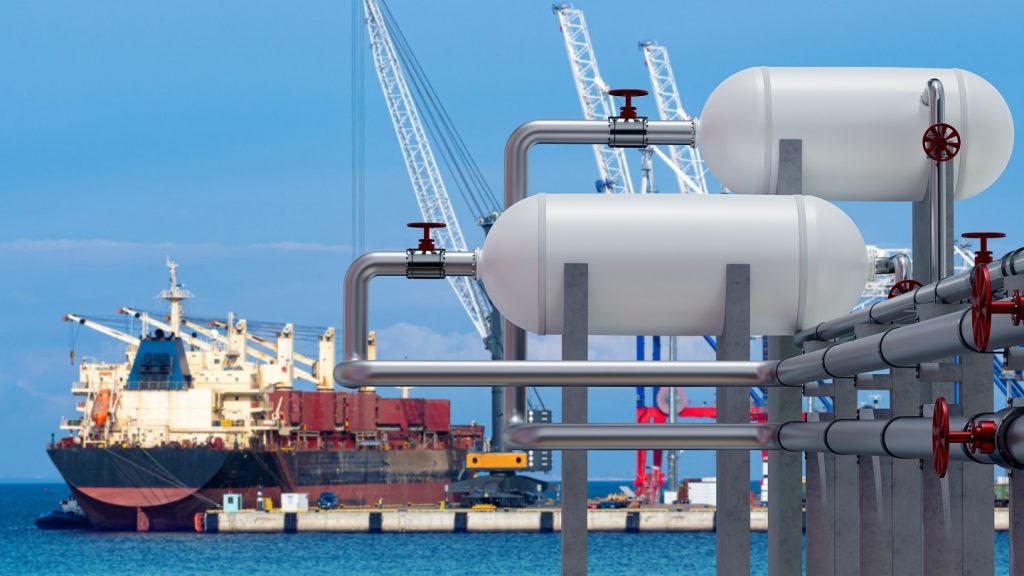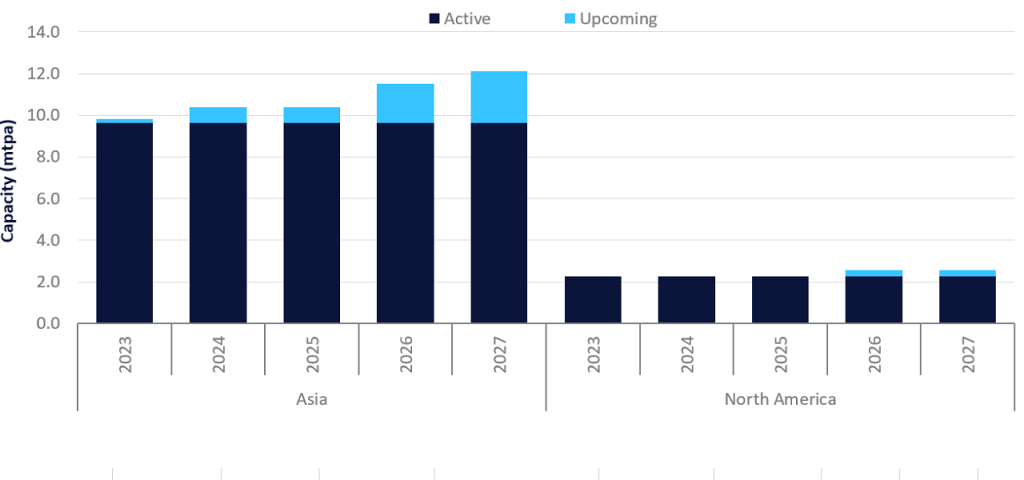Australia signed a statement on Tuesday committing to end funding of overseas fossil fuel expansion, joining 39 countries that have now pledged to halt international investment in polluting projects.
The clean energy transition partnership, also known as the Glasgow Statement, was signed on the sidelines of the UN climate summit COP28, now in its second week, being held in Dubai. Other signatories include the US, the UK, Germany and Pacific neighbours such as Fiji. Norway also signed the agreement this week at the summit, meaning that most OECD countries have now committed to stopping international fossil fuel funding.
The move has been generally applauded by environmental advocates, although focus now falls on Australia’s investments in fossil fuel projects at home. According to public policy think tank the Australia Institute, the country’s federal and state governments spent more than A$11bn ($7.22bn) on subsidising its domestic fossil fuel industry, a figure 14-times greater than Australia’s Disaster Ready Fund, set up to respond to climate-related crises.
Australia’s Conservation Foundation (ACF), the country’s national environmental organisation, welcomed the government’s decision to finally sign the Glasgow Statement, describing the move as a “positive step”.
“It is essential any support for energy projects in our region is for clean energy to help our neighbours transition to net zero, not incentivise the opening of new coal and gas projects,” said ACF’s climate and energy programme manager Gavan McFadzean.
“The next step must be to stop subsidising the expansion of coal and gas at home. This year’s federal budget contained approximately A$50bn in fossil fuel subsidies, including A$41bn for the notorious fuel tax credit scheme over the forward estimates,” he added. The government’s fuel tax scheme allows tax breaks for heavily duty vehicles, including those used in mining operations.
“While the rest of us pay around A$0.46 in tax for every litre of fuel we buy at the servo, the fuel tax credit scheme means multinational mining companies like Glencore and BHP get a 100% refund on their fuel taxes,” McFadzean said. “The fuel tax credit scheme encourages climate pollution, discourages innovation and costs Australian taxpayers around A$10bn a year. It provides a perverse incentive to pollute.”
Australia remains the highest coal power polluter in the G20 per capita, producing more than triple the global average emissions emitted from the production and consumption of coal. Approximately 47%, or 130.9 terawatt-hours, of the country’s electricity still comes from coal power.















